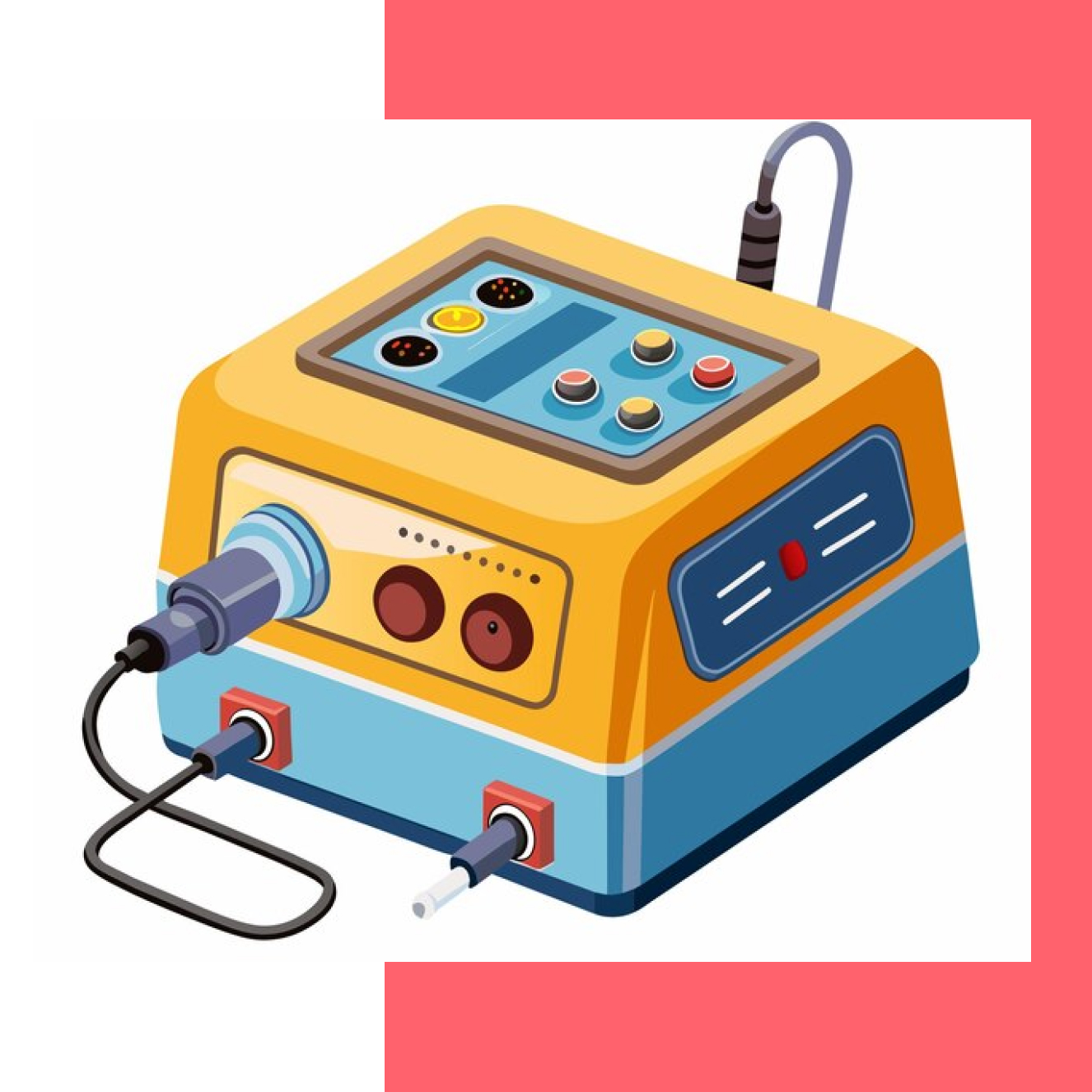EMC AND EMI TESTING
At Silvereye Certifications, we understand that the EMC/EMI testing process can be intricate, especially for those who may be unfamiliar with the requirements. Our dedicated team is committed to simplifying this journey for you. We manage all aspects, from the preparation of essential documentation to providing thorough guidance throughout the certification process, ensuring a seamless and stress-free experience.
We take pride in delivering prompt and reliable services, without delays or hidden fees. Our commitment is to provide transparent and professional support, enabling your swift and efficient compliance. Let us take the stress out of the process so you can focus on what matters most: “Growing your Business”.

WHAT IS EMC AND EMI TESTING?
Electromagnetic Compatibility (EMC) and Electromagnetic Interference (EMI) are crucial considerations in the design and operation of electrical and electronic devices. EMC ensures that devices operate without interfering with each other, while EMI involves the study of unwanted disturbances that affect the performance of electronic equipment.
EMC/EMI testing is the process of assessing and ensuring that electronic devices and systems do not emit levels of electromagnetic interference that could disrupt other equipment and that they can operate as intended in their electromagnetic environment.
IMPORTANCE OF EMC AND EMI TESTING
REGULATORY COMPLIANCE:
Devices must meet specific standards to be legally sold and used in various markets. These standards ensure that devices do not emit excessive electromagnetic interference and can operate correctly in their intended environment.
PERFORMANCE ASSURANCE:
Proper testing ensures that devices function as intended without disruption caused by external electromagnetic interference.
SAFETY:
Minimizing Emi is crucial for the safe operation of medical devices, automotive system, communication systems, and more.
MARKET ACCESS:
EMC/EMI testing is the process of assessing and ensuring that electronic devices and systems do not emit levels of electromagnetic interference that could disrupt other equipment and that they can operate as intended in their electromagnetic environment.
EMC AND EMI TESTING LANDSCAPE IN INDIA
India, being a significant player in the global electronics market, has a robust framework for EMC and EMI testing. The following are key aspects of the testing landscape:
REGULATORY BODIES:
Bureau of Indian Standards (BIS): The BIS sets standards for EMC and EMI testing in India. Compliance with these standards is mandatory for many electronic products.Wireless Planning and Coordination (WPC) Wing: This body regulates the use of radio frequencies in India, ensuring that devices meet necessary EMC requirements.
TESTING LABORATORIES:
India is home to several accredited testing laboratories that offer EMC and EMI testing services. These labs are equipped with state-of-the-art equipment to conduct comprehensive testing. Examples of prominent testing labs include the Electronics Regional Test Laboratory (ERTL), Standardization Testing and Quality Certification (STQC), and various private labs.
TESTING STANDARDS:
Indian standards align closely with international standards such as those from the International Electrotechnical Commission (IEC) and the European Committee for Electrotechnical Standardization (CENELEC). Commonly referred standards include IS 14700 (equivalent to IEC 61000) for EMC requirements and IS 13252 (equivalent to IEC 60950) for safety requirements.
EMC/EMI TESTING STANDARDS
India follows both international and national standards for EMC/EMI testing. Some key standards include:
IEC 61000 SERIES:
International Electrotechnical Commission (IEC) standards for electromagnetic compatibility.
CISPR STANDARDS:
International Special Committee on Radio Interference (CISPR) standards for controlling EMI.
IS STANDARDS:
Bureau of Indian Standards (BIS) provides national standards for EMC/EMI.
PROCESS OF EMC AND EMI TESTING
PRE-COMPLIANCE TESTING:
This initial phase identifies potential issues early in the development cycle, allowing for timely corrections.
COMPLIANCE TESTING:
Comprehensive testing to ensure devices meet all regulatory standards. This includes tests for radiated emissions, conducted emissions, immunity testing, and more.
CERTIFICATION:
Upon passing the tests, devices receive certification, indicating compliance with relevant EMC and EMI standards.
CHALLENGES IN EMC/EMI TESTING IN INDIA
COMPLEX REGULATORY ENVIRONMENT:
Navigating the array of national and international standards can be complex and time-consuming.
RAPID TECHNOLOGICAL ADVANCEMENTS:
As technology evolves, maintaining up-to-date knowledge and equipment for testing can be challenging.
COST AND TIME:
Comprehensive testing can be costly and time-intensive, particularly for smaller manufacturers.
FUTURE TRENDS AND OPPORTUNITIES
INCREASED AUTOMATION:
Automation in testing procedures can enhance efficiency, reduce human error, and lower costs.
DEVELOPMENT OF LOCAL STANDARDS:
With India's push towards self-reliance, there may be a greater emphasis on developing and adhering to local standards.
EXPANSION OF TESTING FACILITIES:
As demand for EMC/EMI testing grows, more laboratories and advanced testing facilities are likely to emerge.
COLLABORATIVE EFFORTS:
Partnerships between industry, government, and academic institutions can foster innovation and ensure that testing practices keep pace with technological advancements.

